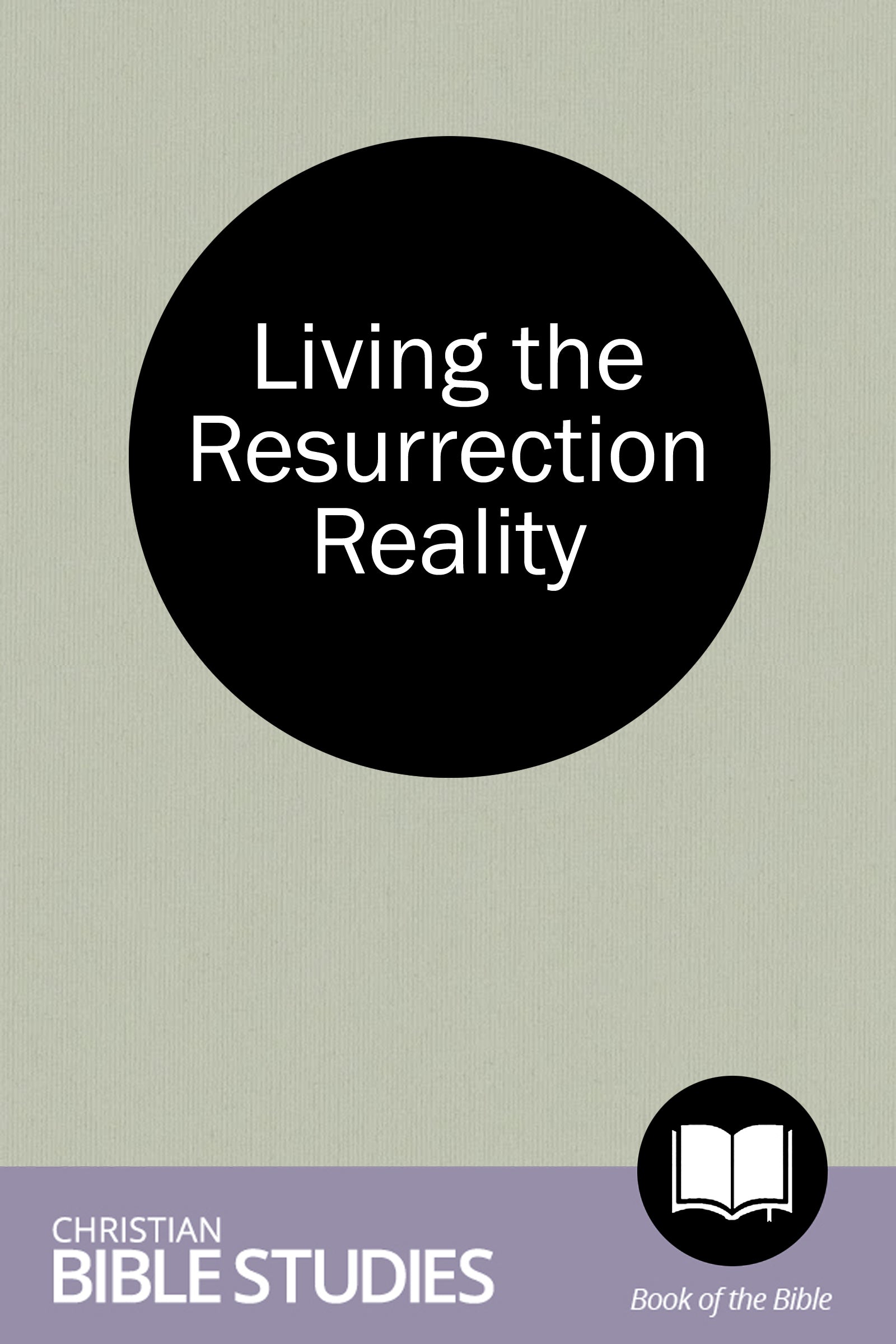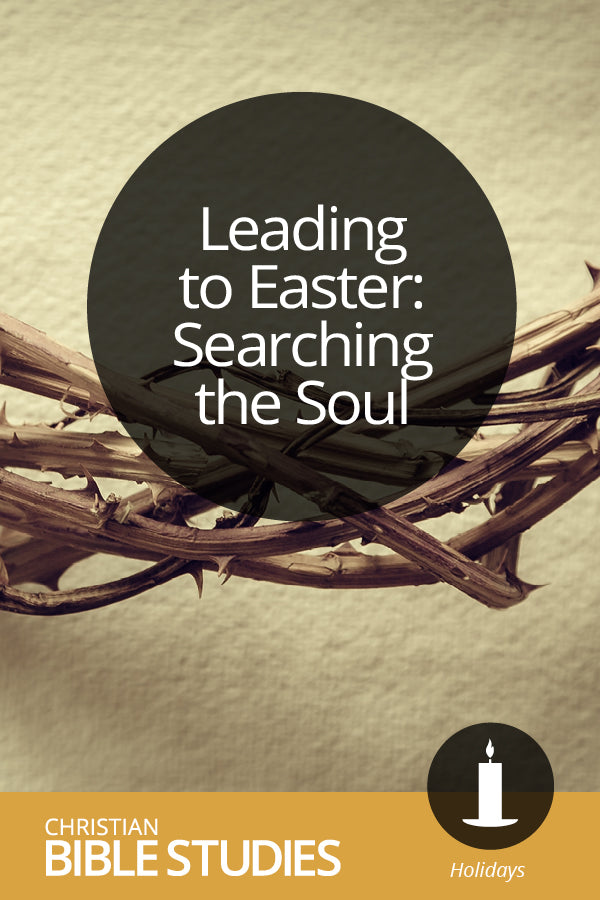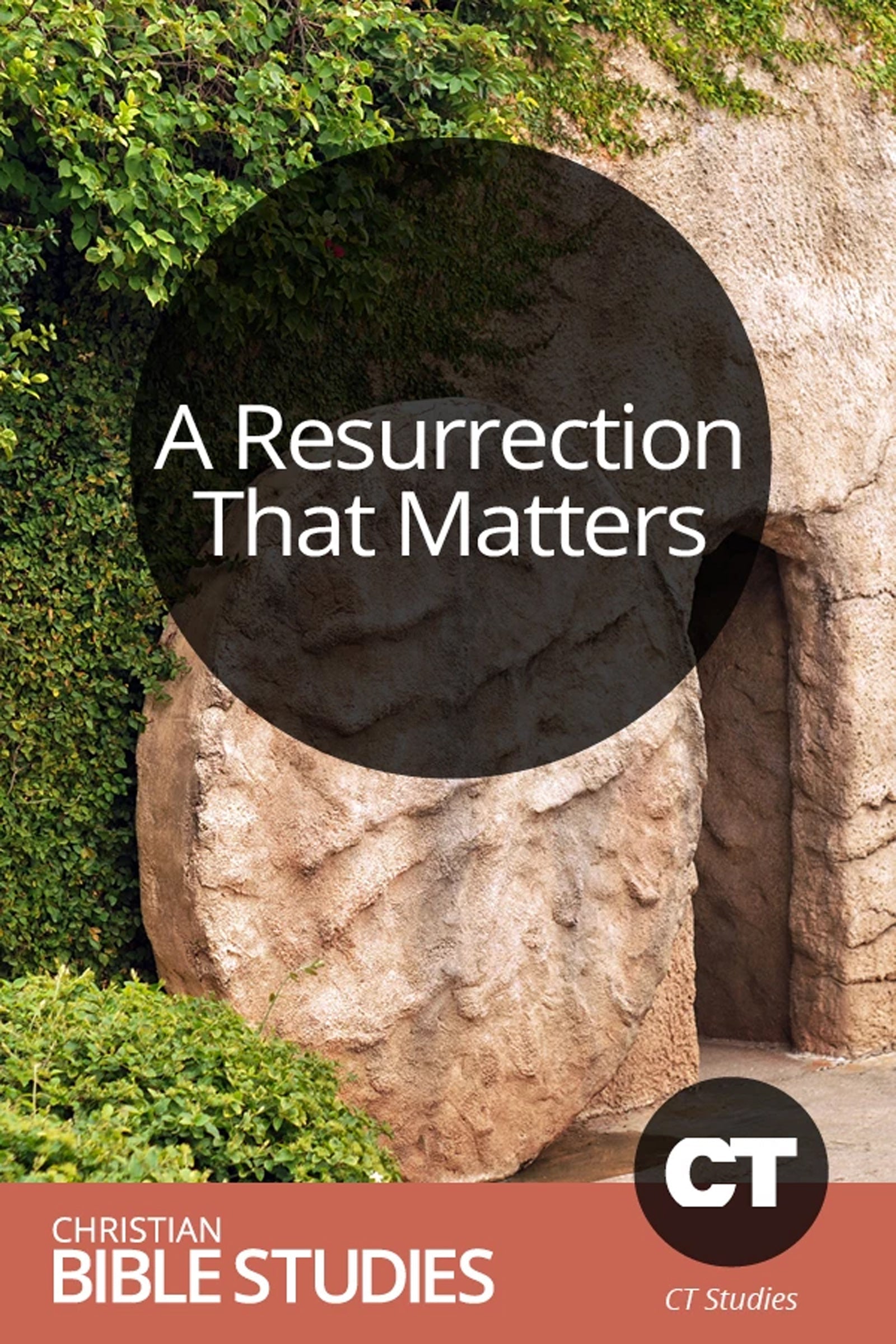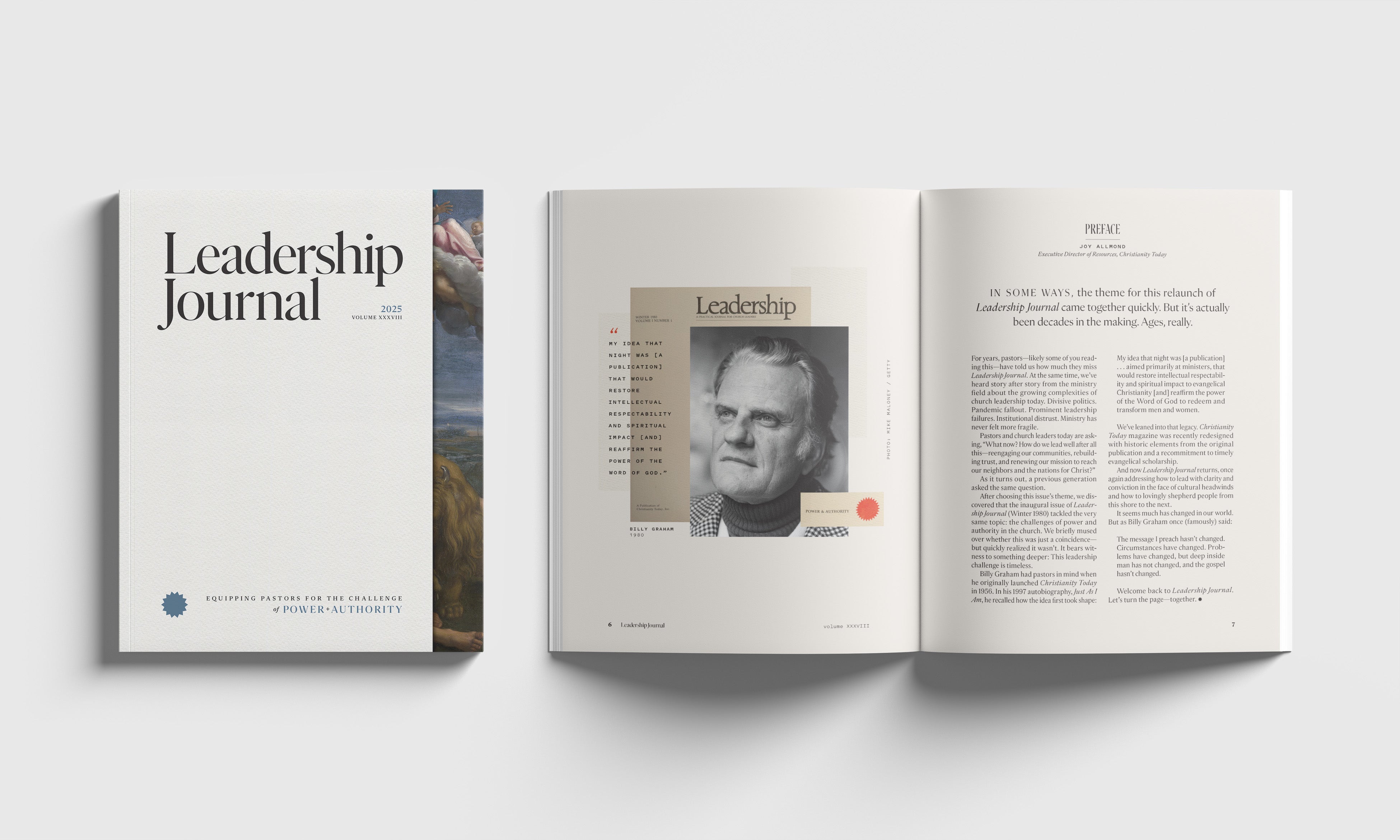Every person, at some point in life, must decide whether or not to receive Jesus Christ as his or her personal Lord and Savior. But that is just the starting point of a lifelong journey in discipleship as a follower of Jesus. As the apostle Paul says, we are to grow mature in Christ. We grow up into the head of the Body, who is Christ (Eph. 4:15). Such "growing up" is the process of spiritual formation.
To be formed spiritually means to engage in specific practices and disciplines with one clear goal: to draw nearer to God in Christ and so focus less and less on self. Richard of Chichester, a 13th-century English bishop, once reflected on such practices. "Day by day," he said, "three things I pray: to see thee more clearly, to love thee more dearly, and to follow thee more nearly." Spiritual formation is a process that sharpens our attentiveness to God and helps us to be more and more like Jesus, in the power of the Holy Spirit. These practices are shaped by our temperament and personality type.
Finally, in all spiritual formation and development, it is important to remember that spiritual formation does not propel us on a journey. A journey is an exploration without a destination. The joy of the journey is in the exploration and discovery along the way. That really is a secular and postmodern understanding of "spirituality." In spiritual formation, we are on a pilgrimage with a clear destination. As Jesus defines his ministry, we are destined for the kingdom of God. We are "in rehearsal" for life in eternity, in the very presence of God. On this earth, we engage in this earthly pilgrimage day by day.
The five facets of spiritual formation, then, are: reflective reading, active repentance, total stewardship, penetrating prayer, and community accountability. As we consider specific practices that aid in formation, it is essential to be prepared to surrender time. Spiritual formation cannot be found in a "Five Minutes to Improved Spirituality" product. Be prepared to change the pattern of your life to practice the purposes of God.
Reflective reading. For new believers and experienced disciples, Bible reading is a key part of daily activity. There are different approaches to engaging with the Scriptures for spiritual formation and growth. A more "left-brained," factual method is what we traditionally call Bible study. With a reverent approach to the Word of God, we reflect on the factual dimensions of a passage: its context, original language, and links to other scriptural passages. Often Bible study guides or books can help us gain a greater understanding of the setting of the text and ways to apply its teachings today.
A more "right-brained" approach is to read a text to hear how it "resonates" with our inner life and personal experience. There are inductive study and reflection tools that ask questions to help us open up to experience the Spirit of God in the words of Scripture. Many tools are available, in different denominational and non-denominational perspectives, usually in booklet form. The daily devotions are provocative and emotional in tone, and usually offer questions for reflection following the meditation.
As an example of the two methods, consider Matthew 19:24. Jesus said, "Again I tell you, it is easier for a camel to go through the eye of a needle than for someone who is rich to enter the kingdom of God." A more deductive study will point out the context: the parable of the rich young man seeking after God but consumed by his wealth. (Note: The "eye of the needle" might refer to a narrow opening in the wall around Jerusalem that hardly anything or anyone, including a camel, could squeeze through.) The meditative or reflective approach asks questions: What is the eye of the needle like in today's world? What is hardest about selling all that I have and giving to the poor? Daily meditative reading feeds the spiritual life and helps us to get inside Bible passages so they become a part of us.
Devotional reading can be another personal spiritual formation tool. Thomas à Kempis, a 15th-century French monk, suggested that Christian laypeople practice lectio divina. He says, "The good devout man first makes inner preparation for the actions he has later to perform. His outward actions do not draw him into lust and vice; rather it is he who bends them into the shape of reason and right judgment. Who has a stiffer battle to fight than the man who is striving to conquer himself?" Devotional works can include longtime standards such as A. W. Tozer's The Pursuit of God or Annie Dillard's Pilgrim at Tinker's Creek, or poetic works by John Donne, George Herbert, and T. S. Eliot.
Active repentance. Reflective reading is the foundation of a spiritual life, for God's Word helps us to grow in Christ in heart, mind, and spirit. As we grow deeper in Christ, a part of us becomes more confident in taking on his character. At the same time, in our humanness, we become more aware of how unlike Jesus we are. After all, he was "tempted in every way, just as we are—yet he did not sin" (Heb. 4:15). As we move through spiritual formation, we become aware of our need to confess our sins to God.
Sometimes that act of confession can happen privately, during a period of personal prayer. During worship, as we say a general confession, we can present our hearts before God, acknowledging our own sin. Or, as Jesus commanded, we may need to go to the one whom we offended (Matt. 5:23-24). At other times, we may need to find a godly third party, such as a pastor, to hear our confession. This person can assure us of God's forgiveness, and advise us of ways we can amend our lives and put Christian practices in place.
Total stewardship. An essential element of formation is stewardship of God's provision for us. As we grow in maturity and understand that all we have and all we are is entrusted to us under the Lordship of Christ, we focus less on personal need and lack and more on what we are called to share in time, talent, and treasure. We will be challenged to tithe each of these three parts of our lives. Many of us are not at that point, so we must pray for the faith to reorganize our lives so that giving back to God comes first. One formation step is to complete a "money autobiography" in order to clearly see our patterns and practices. Likewise, an honest inventory of our use of time and the priorities that are revealed by this exercise can cause us to reorient our daily life. A talent inventory can provide insight into little-used abilities that can be offered to the glory of God.
Penetrating prayer. Personal prayer is paramount in spiritual formation. We present our whole selves before God through Jesus Christ in the power of the Holy Spirit, focusing much more on opening the self to God's call and much less on perceived needs. Prayer can be offered in silence and in reflection on God's Word. We can pray through the singing of psalms, hymns, and spiritual songs. As Augustine, bishop of Hippo, said in the fourth century, "He who sings prays twice." We can use The Book of Common Prayer or other sacred texts available for worship and private prayer. We might want to employ a pattern for prayer. A familiar approach is the ACTS method: Adoration, Confession, Thanksgiving, and Sanctification.
Prayer must be the primary conversation in our lives. The apostle Paul told the Thessalonians—and Christians today—to be totally open at all times to God's grace: "Rejoice always, pray continually, give thanks in all circumstances; for this is God's will for you in Christ Jesus" (1 Thess. 5:17-19).
A spiritually mature person can guide you through patterns and practices of prayer to help deepen and broaden your walk with God. This person can be a spiritual companion, a "soul friend" who listens and helps interpret prayer, or a spiritual director who has more authority. Becoming part of a prayer group (overseen by a mature Christian) also can be a way to practice the prayer disciplines.
Community Accountability. Ultimately, spiritual formation is not about our personal growth in Christ. Rather, it is about growing in faith in the community of believers. Having a companion or director is the start of accountability in the discipline of prayer and growth in Christ. The fruit of spiritual formation is the discovery and use of spiritual gifts that will allow us to participate more fully in the total ministry of the church. Through spiritual formation, we become dynamic disciples who will impact a world in need of Christ.
John R. Throop is priest-in-charge at Trinity Episcopal Church, Portsmouth, Virginia.
Copyright © 2011 by Christianity Today/ChristianBibleStudies.com.
































